Top 10 High Potassium Foods for Better Health
Potassium is an essential mineral and electrolyte that plays a crucial role in regulating fluid balance, muscle contractions, and nerve impulses in the body. It is recommended that adults consume at least 2,500-3,000 milligrams of potassium per day. Here are some foods that are high in potassium:
Bananas
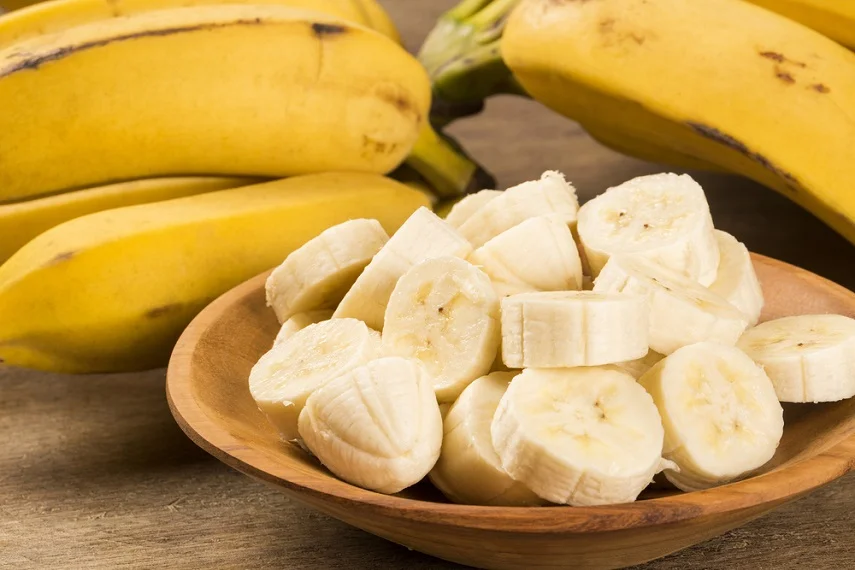
Bananas are considered high in potassium because they contain a significant amount of this essential mineral. One medium-sized banana (about 118 grams) contains approximately 400-450 milligrams of potassium. This makes bananas an excellent food to incorporate into your diet if you are looking to increase your potassium intake.
In addition to potassium, bananas are also a good source of other important nutrients, such as dietary fiber, vitamin C, vitamin B6, and manganese. These nutrients contribute to the many health benefits associated with eating bananas, including improved digestion, reduced risk of heart disease and stroke, and better overall health.
Sweet potatoes
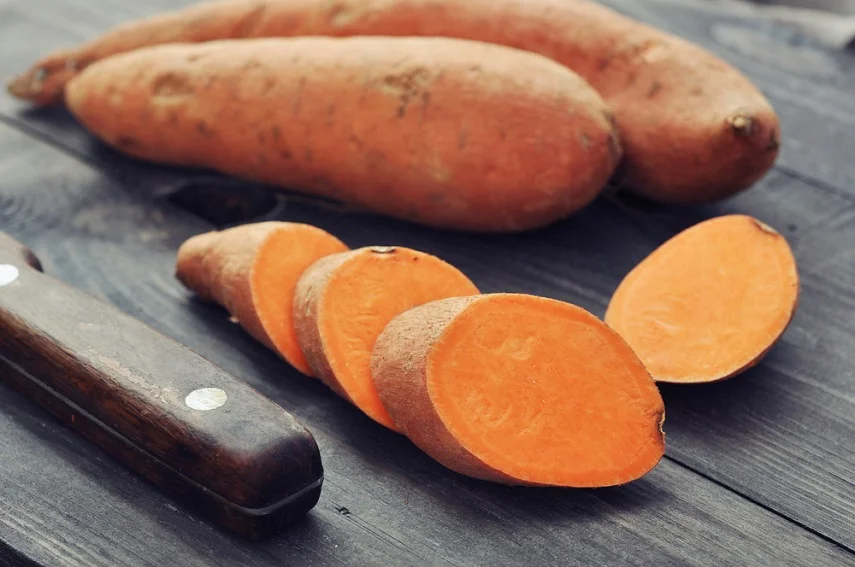
One medium-sized sweet potato (about 114 grams) contains approximately 542 milligrams of potassium.
In addition to potassium, sweet potatoes are also an excellent source of other important nutrients, such as vitamin A, vitamin C, and dietary fiber. They are low in calories and have a low glycemic index, making them a great option for people who are trying to manage their blood sugar levels.
Eating sweet potatoes has been associated with several health benefits, including improved digestion, reduced inflammation, and lower risk of chronic diseases such as heart disease and cancer.
Avocado

One medium-sized avocado (about 150 grams) contains around 700-800 milligrams of potassium, making it one of the most potassium-rich fruits available.
In addition to potassium, avocados are also rich in heart-healthy monounsaturated fats and fiber. They are a versatile ingredient that can be used in salads, sandwiches, dips, and smoothies.
Spinach
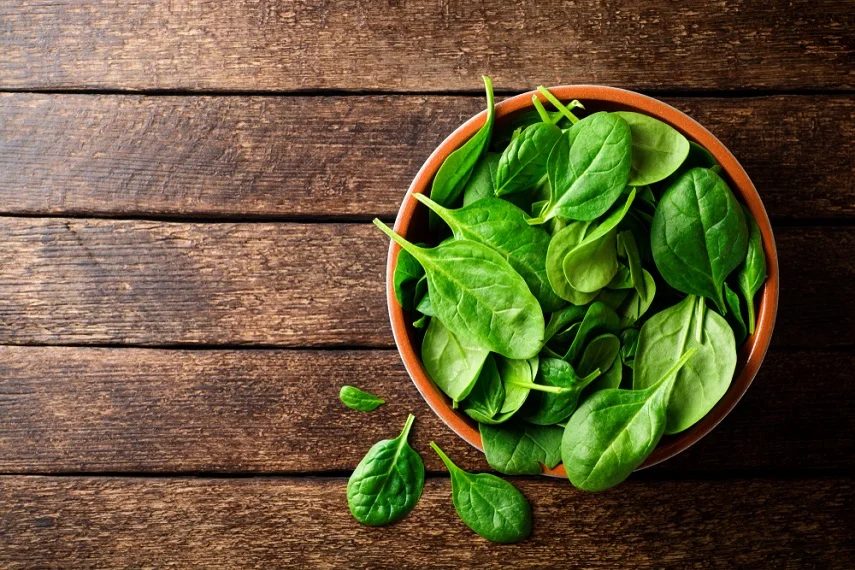
One cup of cooked spinach (180 grams) contains approximately 800-840 milligrams of potassium, making it one of the most potassium-rich vegetables available.
In addition to potassium, spinach is also a good source of other important nutrients, such as iron, vitamin K, vitamin A, folate, and vitamin C. It is low in calories and carbohydrates, making it a great food for weight loss and weight management.
Eating spinach has been associated with several health benefits, including improved heart health, reduced inflammation, and better blood sugar control. It is also a great addition to many dishes, such as salads, soups, and stir-fries.
White beans
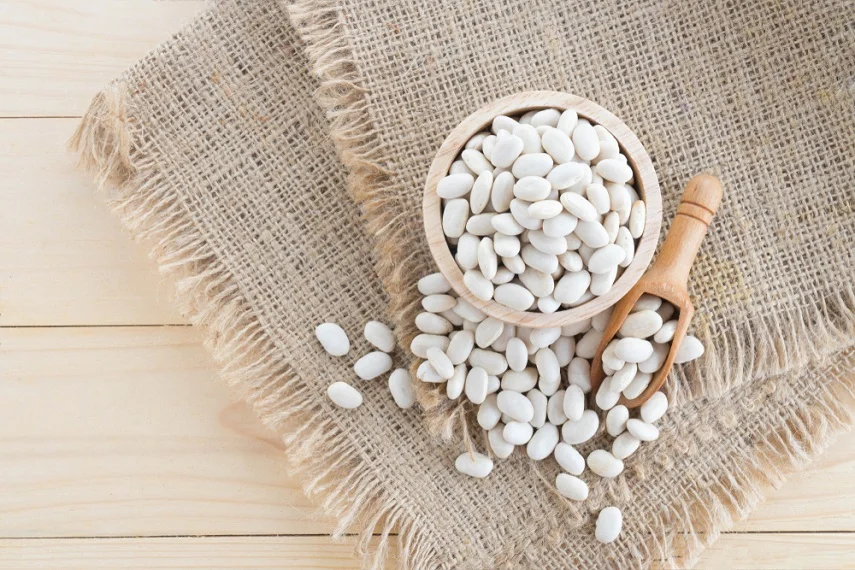
One cup of cooked white beans (about 179 grams) contains approximately 829 milligrams of potassium, making it one of the most potassium-rich legumes available.
In addition to potassium, white beans are also a good source of other important nutrients, such as fiber, protein, folate, iron, and magnesium. They are also low in fat and calories, making them a great food for weight loss and weight management.
Eating white beans has been associated with several health benefits, including improved digestion, reduced risk of heart disease and diabetes, and better blood sugar control. They are a versatile ingredient that can be used in many dishes, such as soups, stews, salads, and dips.
Salmon
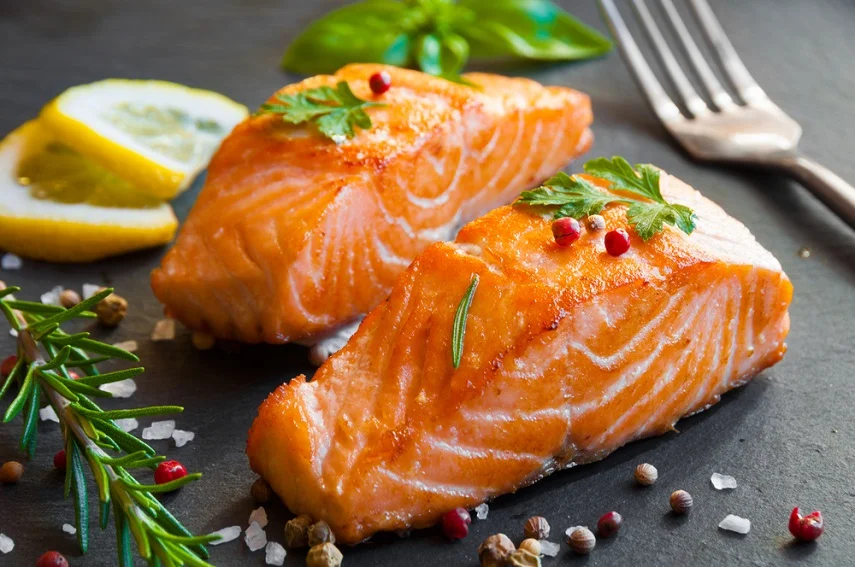
One 100-gram (3.5-ounce) serving of cooked salmon contains around 300-400 milligrams of potassium, which is approximately 7-10% of the recommended daily intake for adults.
Salmon's potassium content is due to several factors, including the fish's natural potassium content and the potassium content of the foods it consumes. Salmon is a predatory fish that feeds on smaller fish and other marine animals, which are rich in potassium. Additionally, salmon's potassium content is also influenced by how it is prepared. For example, grilling or broiling salmon can increase its potassium content by up to 25%, while boiling or poaching salmon may result in a loss of potassium.
Overall, salmon is a nutritious food that can provide a significant amount of potassium and other essential nutrients, making it an excellent choice for a healthy and balanced diet.
Dried apricots
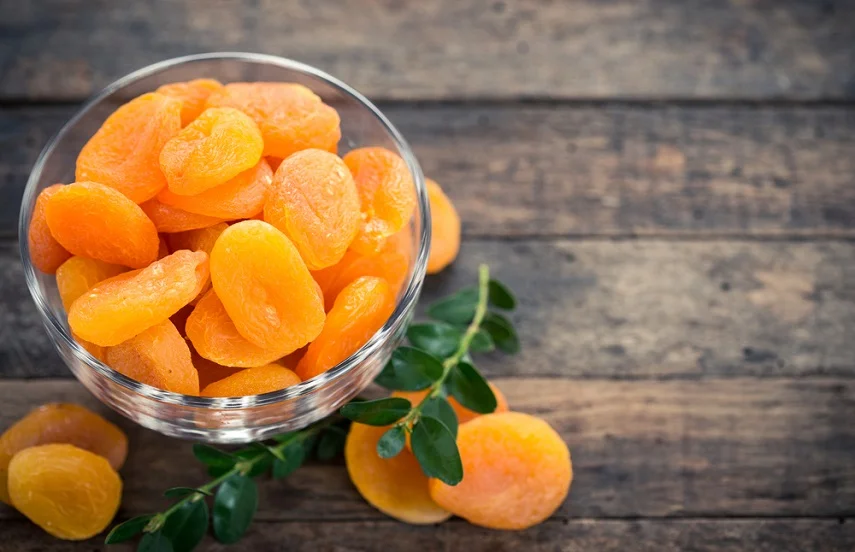
One cup (approximately 130 grams) of dried apricots contains around 1,500-1,600 milligrams of potassium, which is approximately 32-34% of the recommended daily intake for adults.
Drying apricots removes most of the water content, leaving behind a smaller, more concentrated fruit with a higher nutrient density. This means that dried apricots are a good choice for people who need to increase their potassium intake, such as those with hypertension or other heart-related conditions.
It's worth noting that while dried apricots are high in potassium, they are also high in natural sugars and calories. Therefore, they should be consumed in moderation as part of a balanced diet.
Yogurt

The amount of potassium in yogurt varies depending on the type and brand, but on average, a 6-ounce serving of plain, nonfat yogurt contains about 260 to 400 milligrams of potassium. Greek yogurt may have slightly more potassium per serving due to its higher protein content.
Some flavored yogurts, however, can be high in added sugars and may not be as good a source of potassium. It is recommended to choose plain or unsweetened yogurt and add fresh fruit or honey for sweetness. This can be a great way to increase your intake of potassium and other important nutrients while keeping added sugars to a minimum.
Beet greens
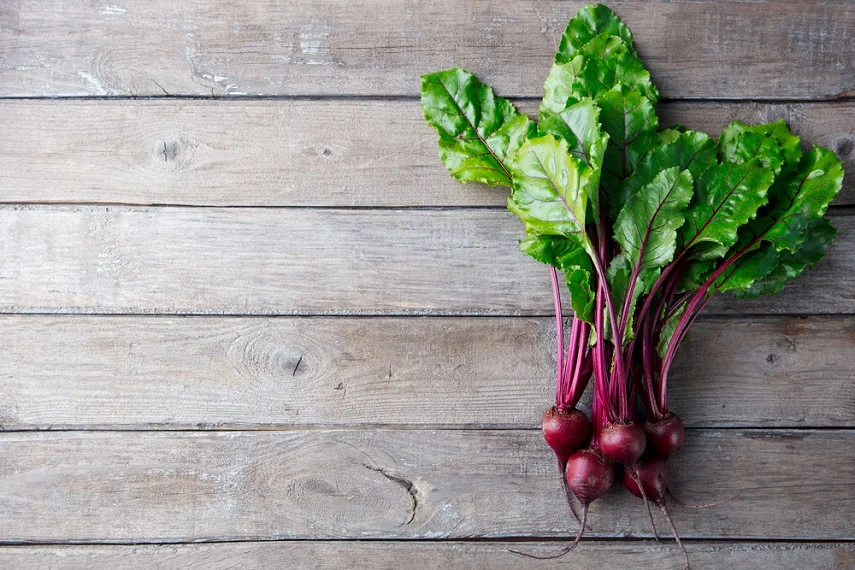
A half-cup serving of cooked beet greens contains approximately 655 milligrams of potassium, which is about 14% of the recommended daily intake for adults. This makes beet greens one of the best plant-based sources of potassium.
In addition to potassium, beet greens are also rich in other important nutrients, such as vitamins A, C, and K, as well as iron, calcium, and fiber. Including beet greens in your diet can be a great way to boost your overall nutrient intake, support your health, and add some variety to your meals.
It's worth noting that some people may need to limit their intake of potassium, such as those with kidney disease or who are taking certain medications. If you have any concerns about your potassium intake, it's always best to talk to your healthcare provider or a registered dietitian.
Mushrooms
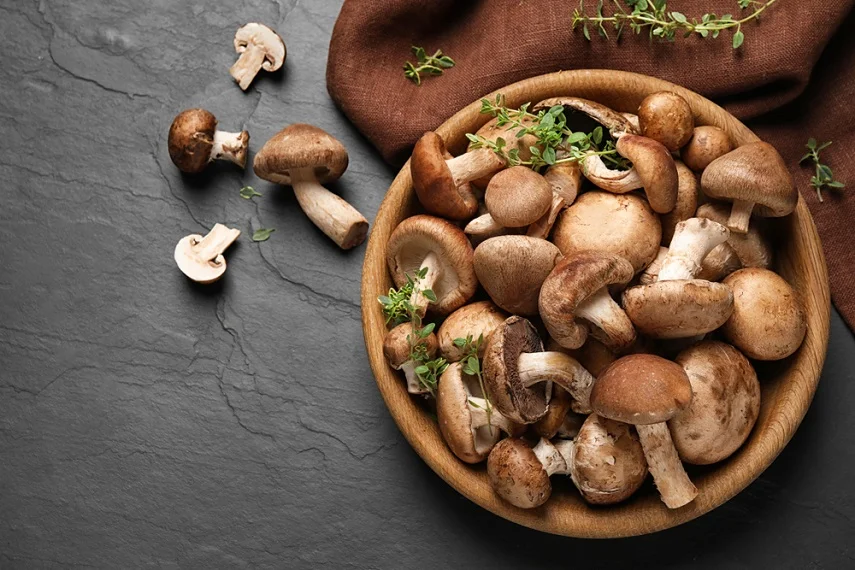
The potassium content of mushrooms varies depending on the type and preparation method, but on average, a cup of cooked mushrooms contains approximately 223 milligrams of potassium. This may not seem like a lot, but it can contribute to your overall daily intake of this important mineral.
In addition to potassium, mushrooms are also rich in other important nutrients, such as B vitamins, copper, and selenium. They are also low in calories and fat, making them a healthy and versatile food to include in your diet.
It's worth noting that some types of mushrooms, such as shiitake and maitake, may have higher levels of potassium than others. If you are looking to increase your potassium intake, you can consider incorporating a variety of mushrooms into your meals or adding them to salads, soups, or stir-fries.
Bottom Line
It's worth noting that potassium levels in foods can vary depending on factors such as soil quality, farming practices, and cooking methods. Nevertheless, incorporating these potassium-rich foods into your diet can help you maintain healthy levels of this important nutrient.












